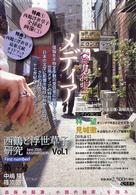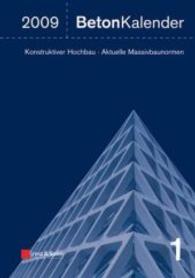Full Description
Joe L. Kincheloe (1950-2008) was one of North America's leading critical pedagogy scholars. He defined post-formalist thought in terms of deconstruction, affectivity, and non-linearity. His deconstruction focused on the context of ideas, ideologies, and teaching. It was a form of sociological deconstruction, and as such, inspired by Derrida, but different from him as well. In effect, Kincheloe was trying to marry Derrida to Foucault by making deconstruction see power in thought, relationships, and the world. Kincheloe's 'turn to affect' was inspired by feminism and radical pedagogy. It was 'affect' focused on (in)justice and the social practices of repression. His 'self-other' construct was inherently politicized by his identification of 'unfreedom' with capitalism and the assumption that this link determines affect. Kincheloe assumed that linear rationality was inadequate to understanding human needs and hopes. Freedom as dynamism was seen to be inherently non-linear. The prison of rationality (it can only repeat the same, over and over again) was the crux of his critique of Newtonian-Cartesian linearity. Kincheloe attempted to construct a concept of 'place'—such as the classroom. But it was a particular, concrete classroom and not an abstract or theoretical one. Here, the three concepts could come together. 'Place' is context, and to understand it, deconstruction is needed. 'Place' exists as it is felt and requires affectivity; it is eventful, alive, and dynamic. It requires non-linearity to be understood. Post-formalism, Pedagogy Lives (in memory of Kincheloe's contribution) encompasses each of the basic principles of Kincheloe's post-formal thought.
Contents
Figures - Preface - Introductions to Joe (L. Kincheloe) - Donaldo Macedo: Freire's Presence in Post-formalism Pedagogy, a Foreword - Ana Cruz: Doing Post-formalism with Joe's Help - Shirley R. Steinberg: Radical Love - Vincent Pieterse: The Blue(s) Road of Knowledge - Hans Jansen: Introduction to Post-formalism as a Way of Life - Right Now: Critical Pedagogy and Post-formalism - Gert Biesta: Critical Pedagogy, Equality, and the Future of Schooling - Peter McLaren: Critical Pedagogy in the 21st Century - David M. Boje: Crises of Pedagogy in McUniversity: A Pragmatist-Storytelling Contribution to Joe L. Kincheloe's Critical Ontology - Jack Whitehead: Legitimation of Post-formalism with Living Theories - Post-formalism: Next Steps in the Methodology - Hugo Letiche: From Post-formalism to Complexity or from Kincheloe to Simondon - Albert Cath: Hole in the Fence: Losing, Saving, and Protecting Non-Linear Knowing - Conclusion - Hans Jansen and Hugo Letiche: Being (Becoming) Post-formal - Contributors - Index.








